Turmeric
Turmeric is part of the ginger family which grows in roots of flowering plants, mainly in Southeast Asia and on the Indian subcontinent. When the flowers bloom each year, they are gathered for their rhizomes – the root mass which grows beneath. The roots are then used fresh or boiled in water and dried, then ground into the powder we see today. The deep orange/ochre powder is widely used in curries, stews and soups due to its mustard aroma and warm black pepper flavour.
What are the health benefits?
Turmeric contains powerful antioxidants which can help to fight bacteria in the body. It is said to reduce to pain caused by arthritis, reduces blood cholesterol, lowers risk of heart disease, can improve digestion and blood circulation. During this time when traditional over-the-counter medicines are in short supply, sprinkle a little turmeric powder into breakfast smoothies, soups and homemade curries to help keep your body in tip-top condition.
*As with any natural supplements or medications, only take the recommended daily allowance and consult a medical professional if you are taking other medication or pregnant.
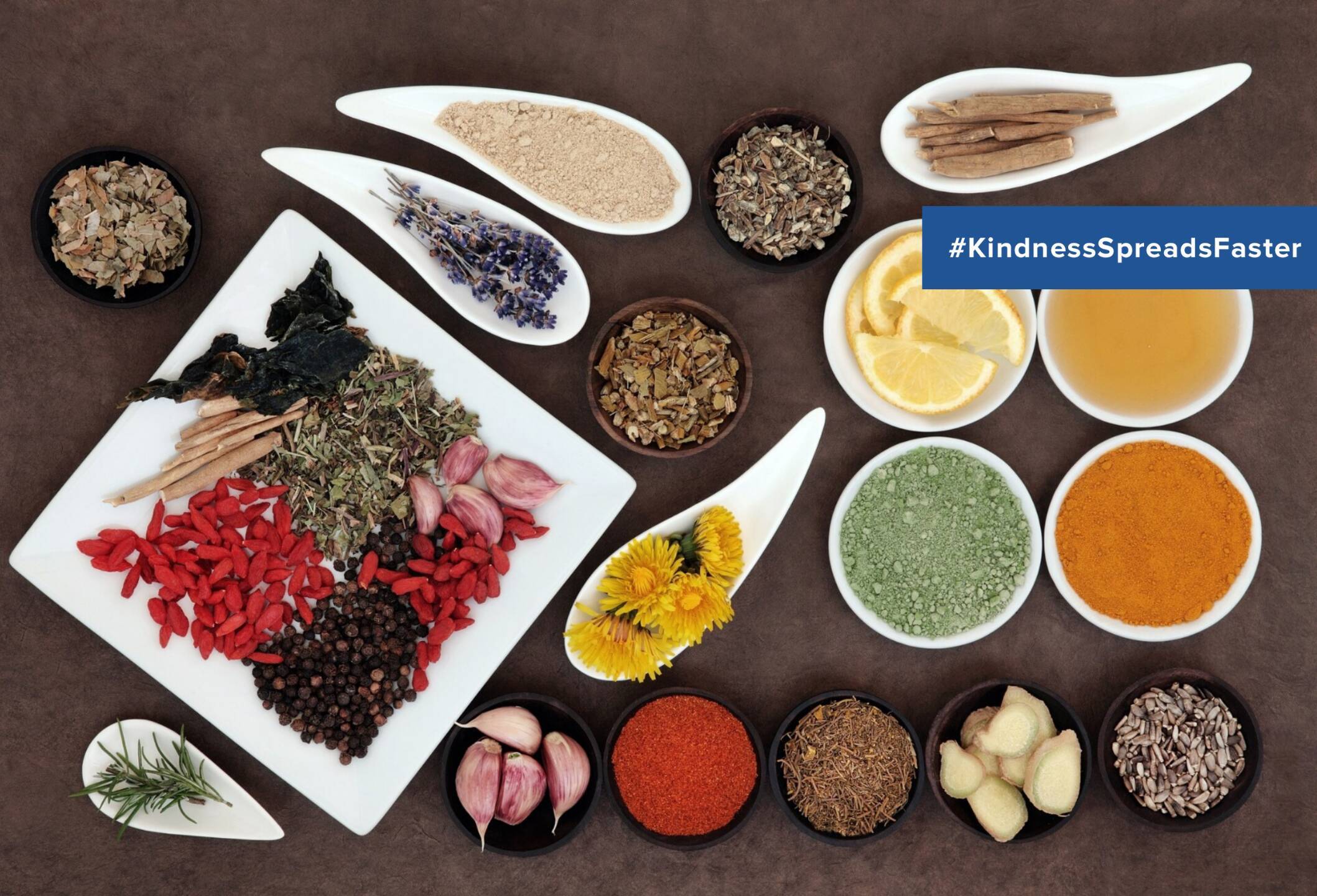

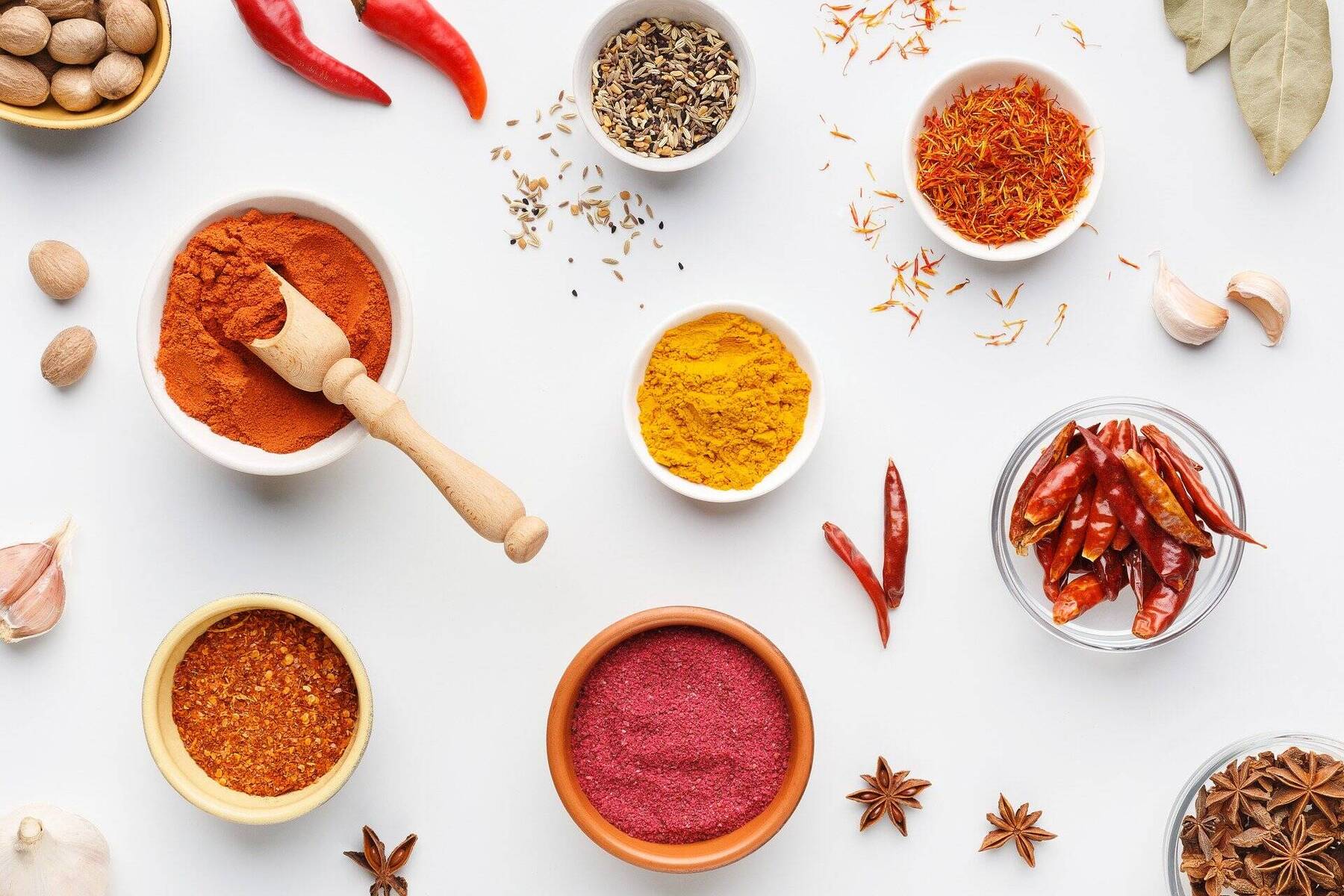


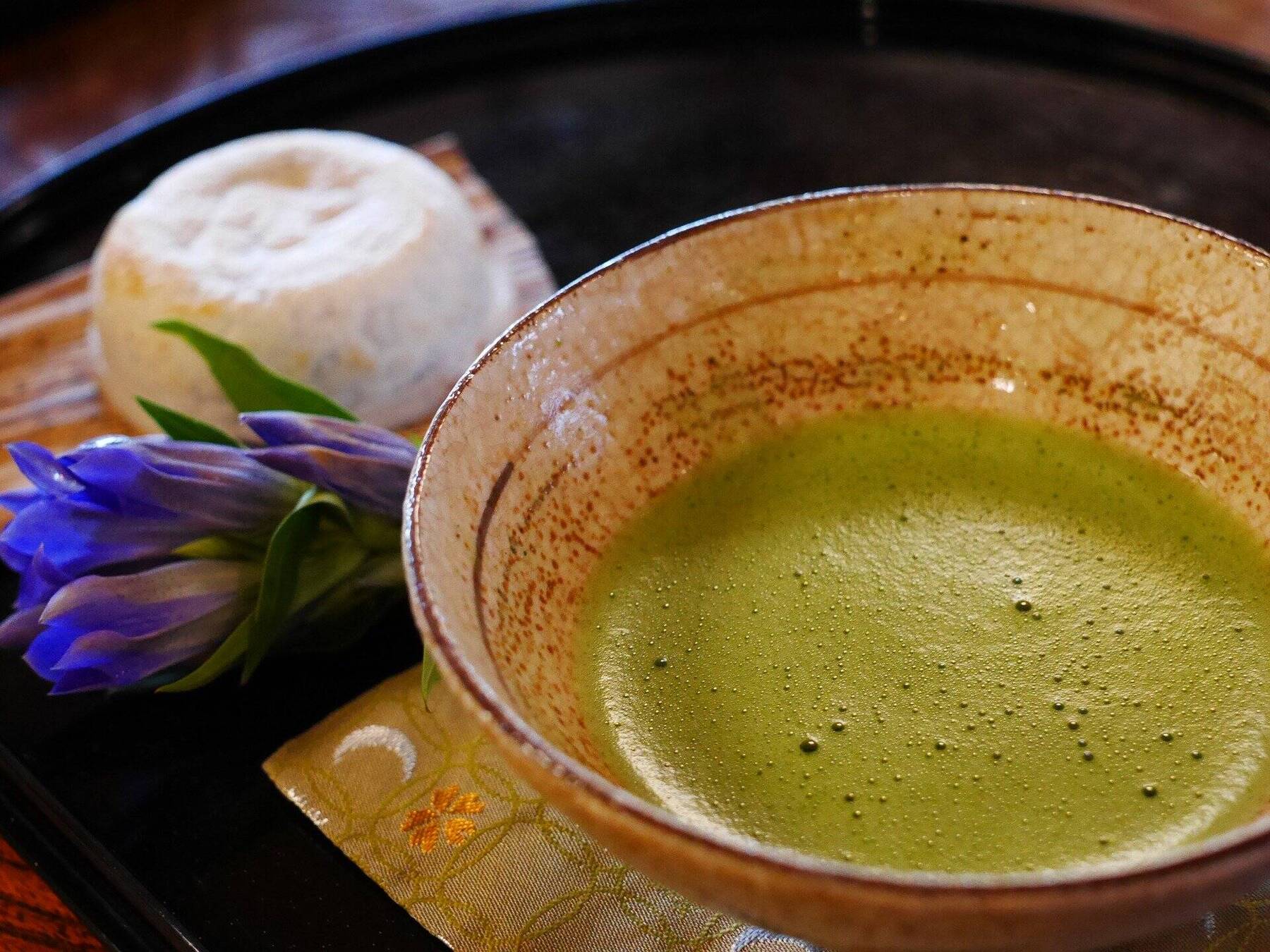
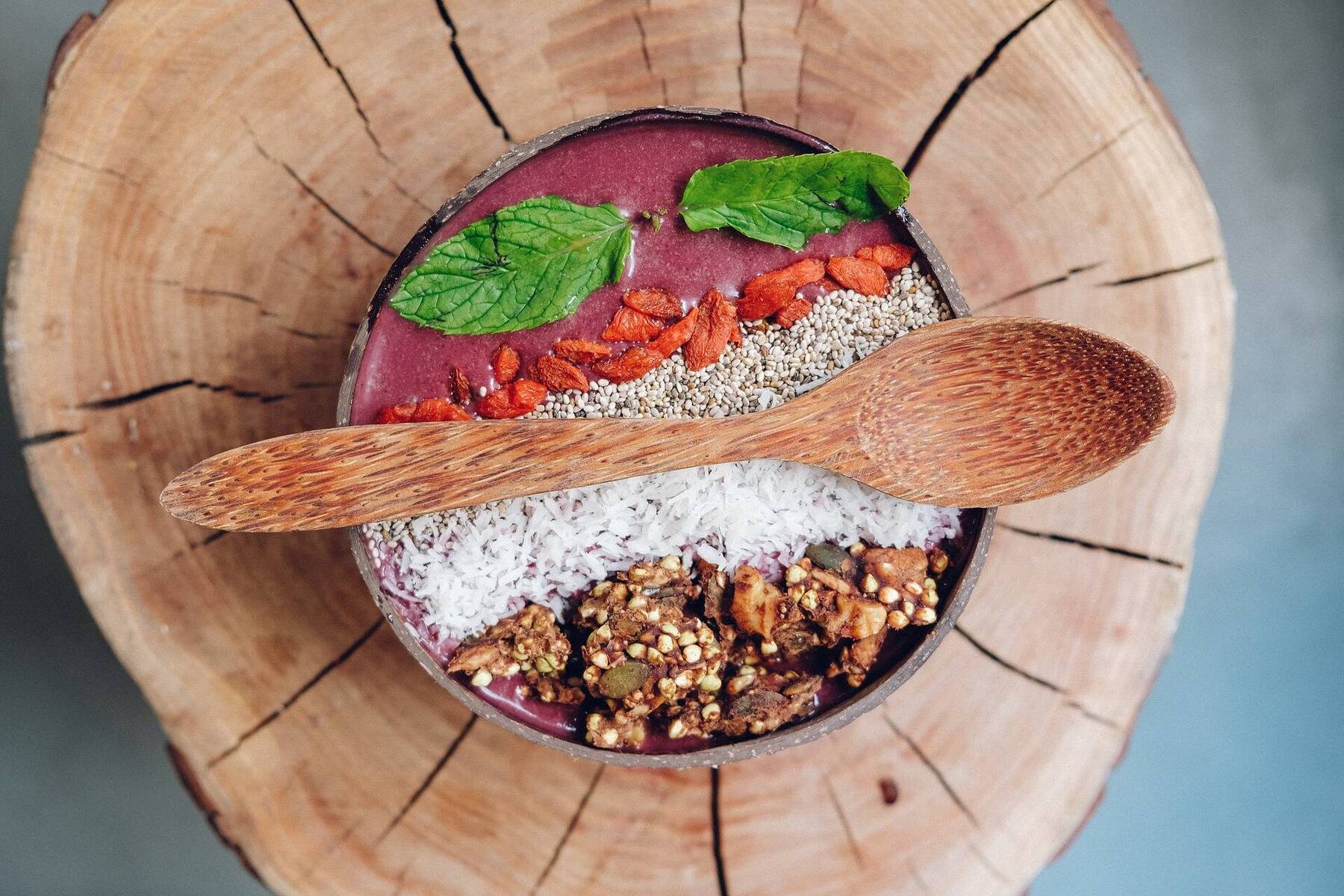
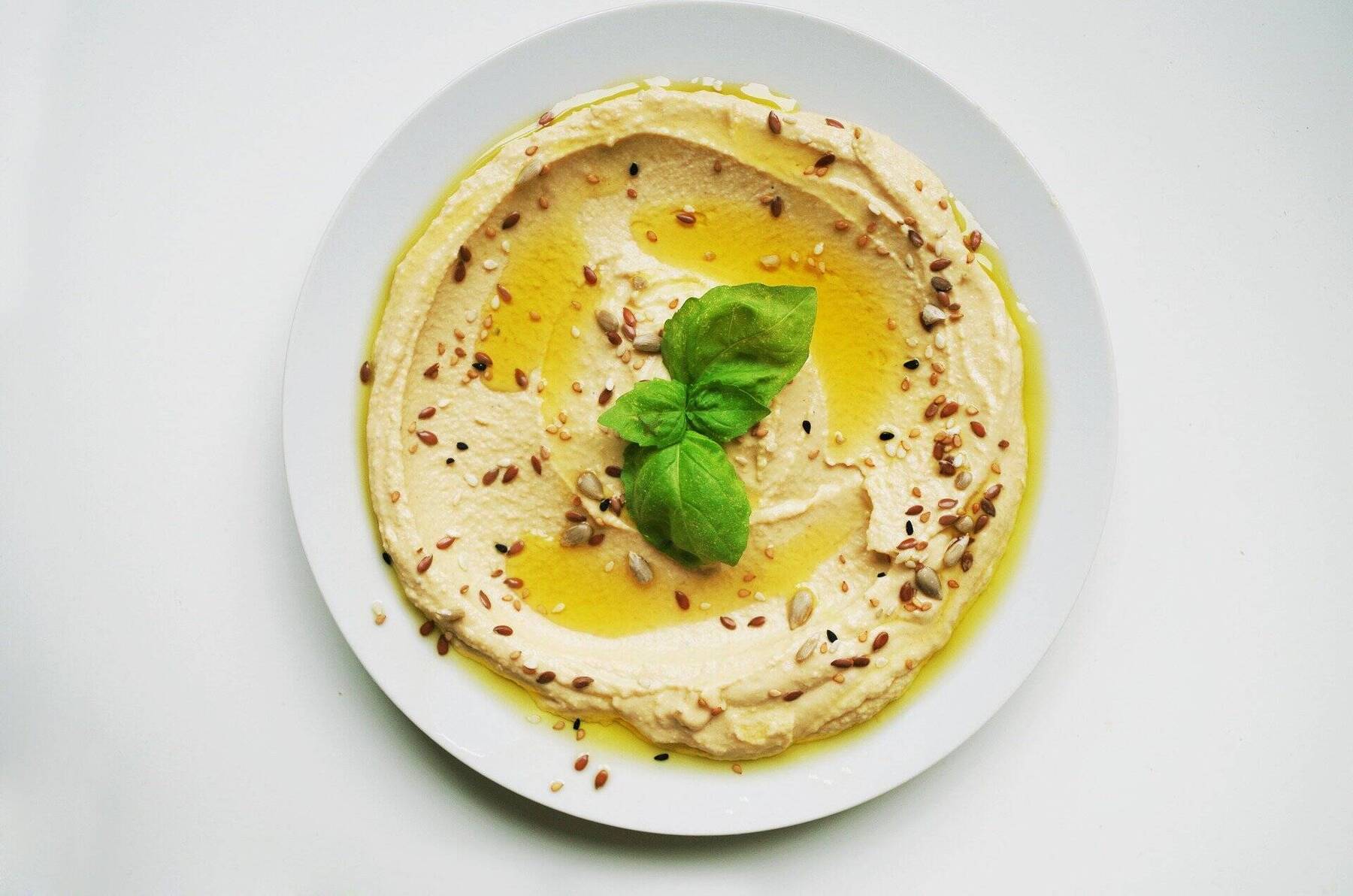

















Comments